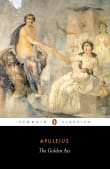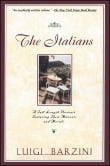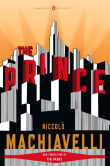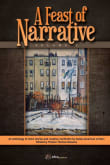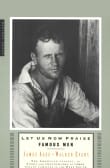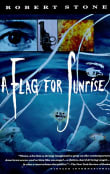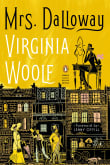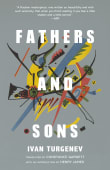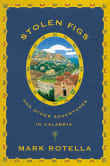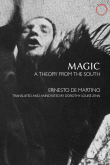Christ Stopped at Eboli
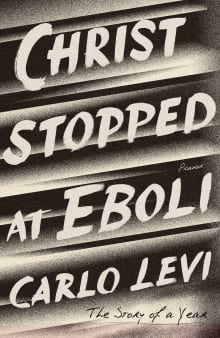
Book description
'There should be a history of this Italy, a history outside the framework of time, confining itself to that which is changeless and eternal, in other words, a mythology. This Italy has gone its way in darkness and silence, like the earth, in a sequence of recurrent seasons and recurrent…
Why read it?
5 authors picked Christ Stopped at Eboli as one of their favorite books. Why do they recommend it?

This was the first book I read about Basilicata, and it is essential for anyone interested in Southern Italian roots. Written in staggeringly poetic language, it offers a sad but beautiful introduction to the culture and history of the region, which is hardly ever written about and barely even visited, even by Italians.
During WWII, Levi was sent as a prisoner to Basilicata as punishment, to work as a doctor among the peasants there. The book taught me about the feudal farm system still in place there well into the 20th century, about its inhospitable landscape, and its isolated, poverty-stricken…
From Helene's list on why your family left Southern Italy a century ago.

It’s a beautiful memoir by a Jewish doctor/painter/political activist who was sent into exile by Mussolini for his anti-fascist political activism. It’s deeply heartfelt and gorgeously written as Levi gets to know the extraordinarily poor peasants of a tiny village in interior southern Italy.
I love all things Italian and so it speaks to me, but I also have a great deal of compassion for the have-nots of this world. Levi describes them with wonderful sympathy and respect (at the same time sharply criticizing the petty bureaucrats and the puffed-up local officials).
From Roland's list on thoughtful works of fiction and non-fiction.

Carlo Levi was a physician and writer from the northern Italian city of Turin, but in 1935 he was banished to the desperately poor Lucania region of southern Italy because of his opposition to the Fascist government led by Benito Mussolini.
Levi’s account of how he suddenly found himself a foreigner in his own country and how he was able to overcome the trauma of separation from his family and loss of his profession – and forge deep friendships with the local peasants and villagers – is one of the most beautiful and touching books I’ve ever read.
From Richard's list on survivors of a horrific trauma.
If you love Christ Stopped at Eboli...

This book does not take place in Sicily however, the plights of the inhabitants of a small southern town in Luncania are the same as those Italians in parts of Sicily where even in the ’60s, many families lived in caves. Carlo Levi, a doctor, painter, and writer is sent to Eboli because of his opposition to Mussolini and Italy’s Fascist government. Levi’s book is about the harsh life of its citizens who continued to live according to the traditions and beliefs of their ancestors, including healing by natural methods and black magic and superstitions.
From Joseph's list on Sicilian Italian history and the people.

Like many Italian intellectuals during the Fascist period Carlo Levi, a doctor and painter, was sent into ‘internal exile’ for his criticism of Mussolini. That meant being isolated in some tiny, godforsaken village in the deep south. It was a common saying in Aliano, Basilicata, where Levi was sent, that “Christ stopped at Eboli,” a town some way to the north. The Saviour hadn’t made it this far. Christianity, modernity, even history had passed these people by. Finding himself in great demand as the only qualified doctor for miles, Levi turned his extraordinary experiences in this most backward part of…
From Tim's list on understanding the Italian mindset.
If you love Christ Stopped at Eboli...
Want books like Christ Stopped at Eboli?
Our community of 12,000+ authors has personally recommended 100 books like Christ Stopped at Eboli.

